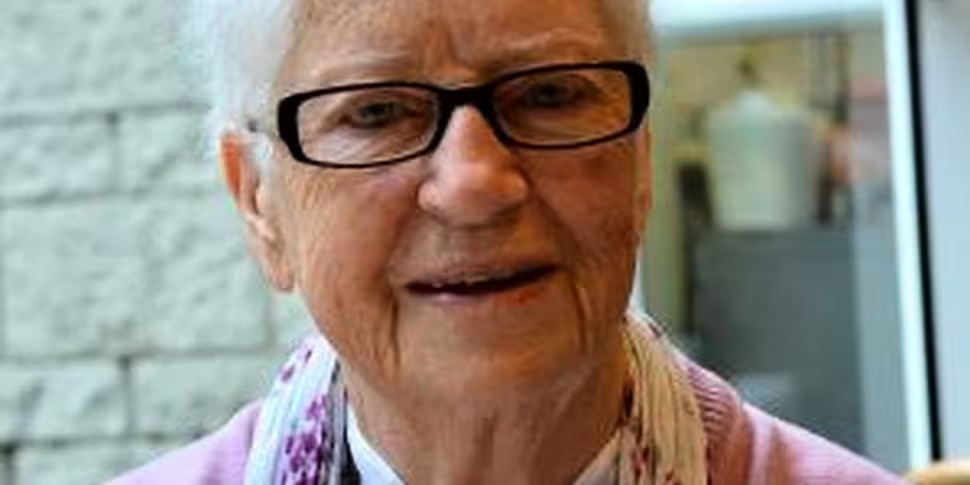Women who are trafficked into Ireland for sexual exploitation are 'raped within hours' of arrival here.
That is according to Sister Eilis Coe of the the Religious Sisters of Charity, who has been fighting for better protection and support for victims of trafficking for years.
Nearly 500 victims of human trafficking have been identified in Ireland since 2013.
However there have been no convictions holding anyone responsible.
The majority of those trafficked in Ireland are coming from Nigeria, Brazil, Romania and other countries in eastern Europe.
Sr Coe told Pat Kenny those being trafficked do not stand out, as they come willingly.
She said they are "walking in" to Ireland.
"These people are not suspected as trafficking victims because they come in willingly.
"They believe that they are coming to something good - they believe that they are coming to work and to have a better life - and they have been told these lies by the people who traffic them".
She said these woman are subjected to brutality and trauma.
"They come in and they are taken straight away to a brotel place, raped within hours of arrival in Ireland, and they're subjected to so much brutality and trauma that they're not in a position to save themselves.
"Few women have managed to escape - one girl in Galway even ran away".
'False passports'
She said the women are kept quiet through threats against their families.
"It could be a false passport, and also those girls are told 'Keep your mouth shut or your people back home will be in trouble'".
"They say 'Your sister, your mother, somebody back home will suffer if you open your mouth'.
"And they even make them promise and swear oaths that they won't divulge anything."
She said the simplest of things can help identify these girls.
"The passport could be a false passport: as one girl said 'if only they had asked me my name at the airport, they would have known I wasn't who was written on the passport'".
"More vigilance is needed at the airports and the seaports - more proper process - not this highlighting and pinpointing people from Nigerians, Brazilians or people from countries like Romania".
"But there has to be system where these people can be identified, and then where do they go when they come in?
"Is there a place that they have registered - say 'I will be working in this company, I'll be working in that place, I'll be working in that town' - so they can be traced".
'A huge demand in Ireland'
"The other thing we have to tackle is the demand: these people would not be coming in here if men were not buying access to their bodies".
"There's a huge demand in Ireland".
"The statistics from the research which we have been using show that there are many people trafficked into Ireland, and that they are indeed hidden in plain sight".
She said they have "a great hope" for things to be done under Justice Minister Helen McEntee - as well as State groups and voluntary organisations.
"What we're trying to do is raise awareness everywhere - in the schools, in parishes, in the public, everywhere".
"We're on a level now with some third-world countries.
"We're on what is called 'tier two' on the watchlist, according to the Trafficking in Persons Report from the United States."
"We have dropped from a tier one to tier two on the watchlist."
"The Government of Ireland does not fully meet the minimum standards for the elimination of trafficking, but is making significant efforts to do so", she added.
Anyone affected by issues raised in this article can contact Ruhama on 01-836-0292 or text 'REACH' to 50100.









